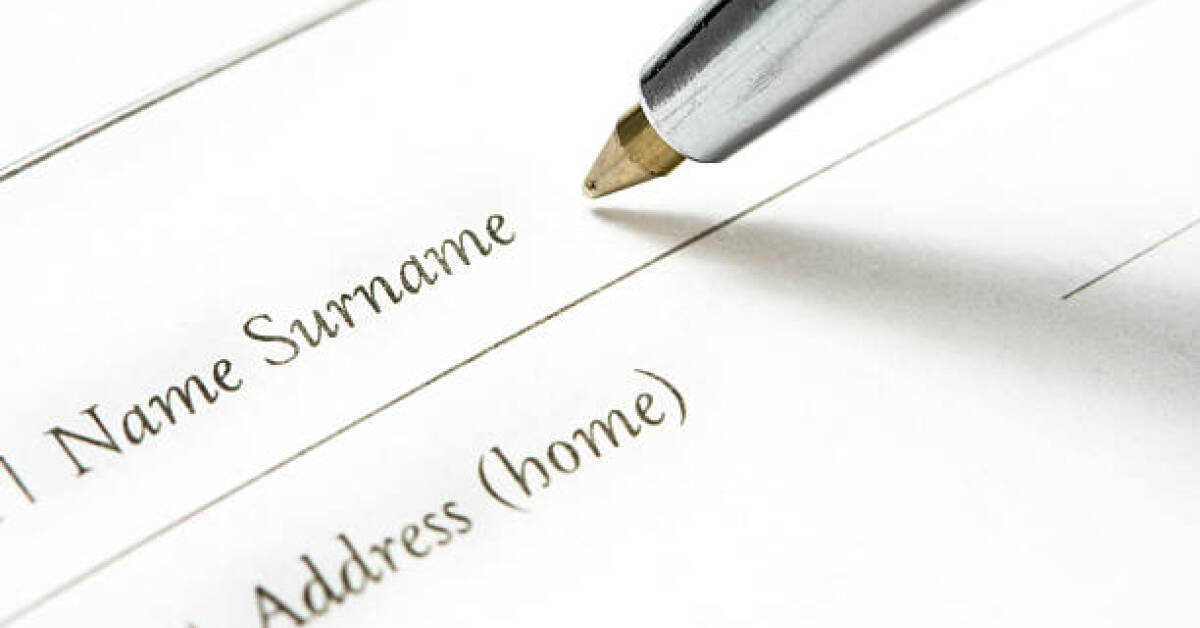Why Do I Need an ID1 Form?

If you're involved in certain types of property or land transactions in the UK—especially without a solicitor representing you—you may be asked to complete an ID1 Form. This form is used by HM Land Registry to confirm your identity and protect against property fraud.
What Is an ID1 Form?
The ID1 Form is a legal document issued by HM Land Registry to verify the identity of an individual involved in a property transaction. It helps confirm that you are who you say you are and that you have the legal right to be part of the transaction.
When Do You Need an ID1 Form?
You’ll typically need to submit an ID1 form if:
- You're selling, transferring, mortgaging, or leasing land or property without a solicitor
- You’re making an application for adverse possession (i.e., claiming land that you’ve occupied without being the legal owner)
- You’re applying to register unregistered land
- You’re gifting property to a family member or friend
- You’re acting as a personal representative or executor dealing with a deceased person’s property
In all of these cases, if you're not legally represented, HM Land Registry will require you to prove your identity with a verified ID1 form before they can process your application.
Why Does HM Land Registry Require an ID1 Form?
The main reason is fraud prevention.
Property fraud is a serious issue in the UK. Criminals can try to impersonate landowners or transfer property without the legal owner’s consent. By verifying your identity using the ID1 form, HM Land Registry ensures that:
- The person applying has the legal right to do so
- The person is who they claim to be
- The transaction is genuine and not fraudulent
Do I Still Need an ID1 If I’m Using a Solicitor?
No — if you are represented by a solicitor, conveyancer, or legal executive, they will verify your identity and submit your application on your behalf. In these cases, you usually don’t need to fill in an ID1 form.
But if you’re handling things yourself — known as being an “unrepresented party” — the ID1 form becomes mandatory.
What Happens If I Don’t Submit an ID1 Form?
If you’re required to submit an ID1 form and don’t, HM Land Registry will reject your application.
This could cause delays in:
- Completing a property sale or transfer
- Finalizing an inheritance or probate process
- Gaining ownership of land you’ve occupied
- Registering your ownership for the first time
Bottom line: without a verified ID1, your property transaction won’t go through.
How to Get Your ID1 Form Verified
To complete your ID1 form, your identity must be verified by a legal professional. This can be done:
- In-person by a solicitor, licensed conveyancer, notary, or legal executive
- Online via video call using a solicitor who provides remote ID1 and ID5 services (e.g.,Parachute Law)
You’ll need:
- Your completed ID1 form
- A valid UK passport or photo driving licence
- A passport-sized photo (if required)
- Verification from a solicitor or qualified professional
Want a Quick and Easy Online Option?
Parachute Law offers an online solicitor ID verification service for your ID1 and ID5 forms — no in-person appointment needed.
Fixed Fee: £99 INC VAT
No printing or photo required upfront
Video call verification via Zoom
Completed form emailed to you the same day


